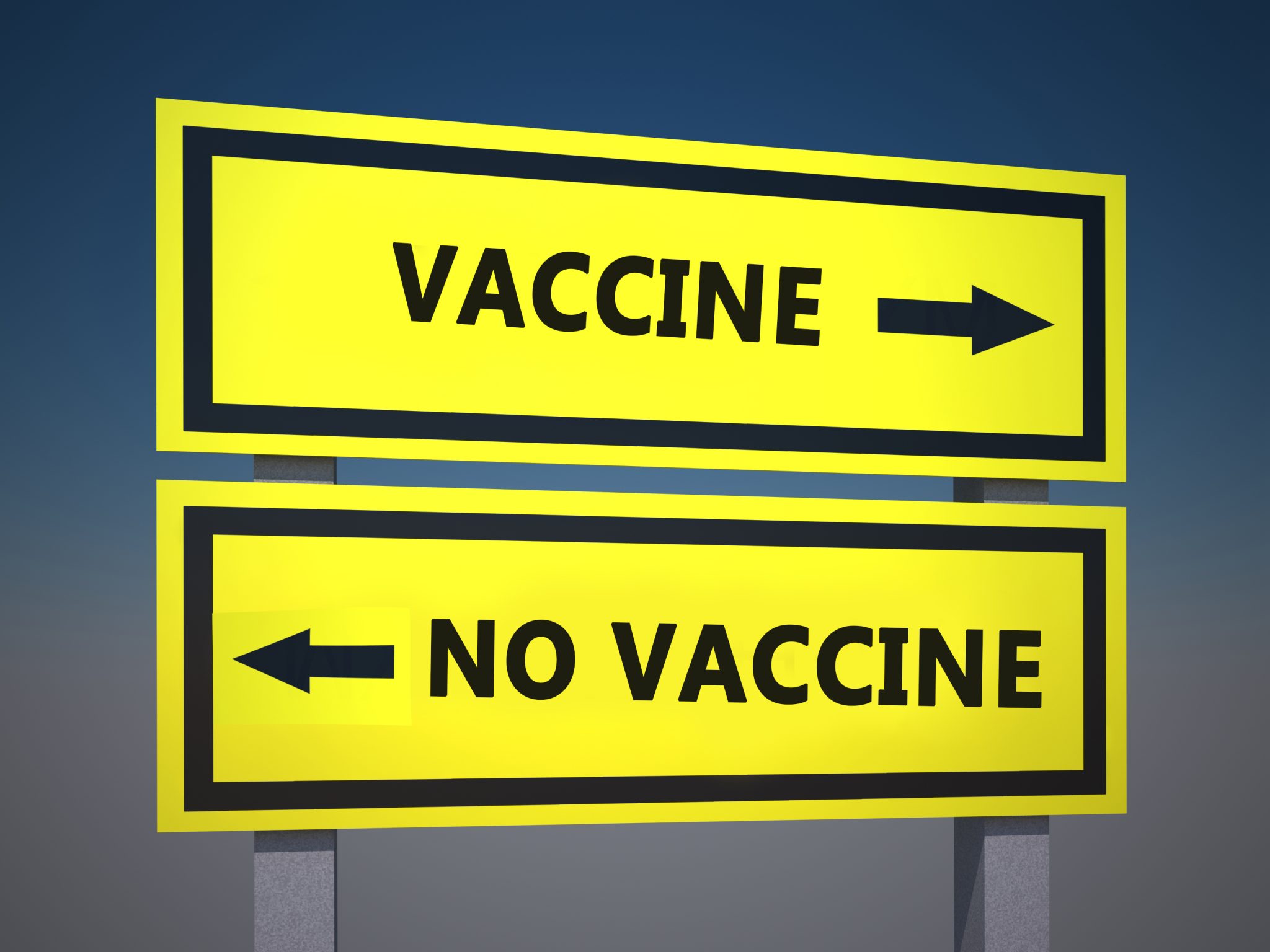Urban Extension

Vaccine research is documented as early as the eighteenth century when Dr. Edward Jenner tested a smallpox variant. French biologist Louis Pasteur further advanced vaccine research by developing successful vaccines for anthrax and rabies. The rest is history. Today, the United States Food and Drug Administration (FDA) has licensed more than 90 vaccines for use in the United States.
What is a vaccine?
Vaccines are created to fight off or prevent diseases from attacking humans. The human body can be invaded by germs, such as bacteria or viruses. Unfortunately, these germs can attack and multiply causing an infection (disease). The immune system is the first line of defense against diseases using white blood cells to attack these harmful bacteria or viruses. Vaccines also help the immune system fight diseases. Some vaccines, as is the case with the COVID vaccines, require more than one dose.
Vaccine Hesitancy
The Alabama Cooperative Extension System recognizes that the decision to get vaccinated is a personal choice. People choose not to get vaccinated for many reasons that include:
- The belief that vaccines were developed too quickly
- Side effects
- Distrust of medical and government agencies
- Religious and/or political reasons
- Misinformation
- Medical conditions that do not respond well to vaccines
- Inability to get questions answered to make informed medical decisions
Vaccines by Age
The Centers for Disease Control and Prevention (CDC) provides useful information about getting vaccinated and a list of recommended vaccinations for varying age groups. Since vaccines are constantly being developed, be sure to keep abreast of current vaccines on the FDA website.

